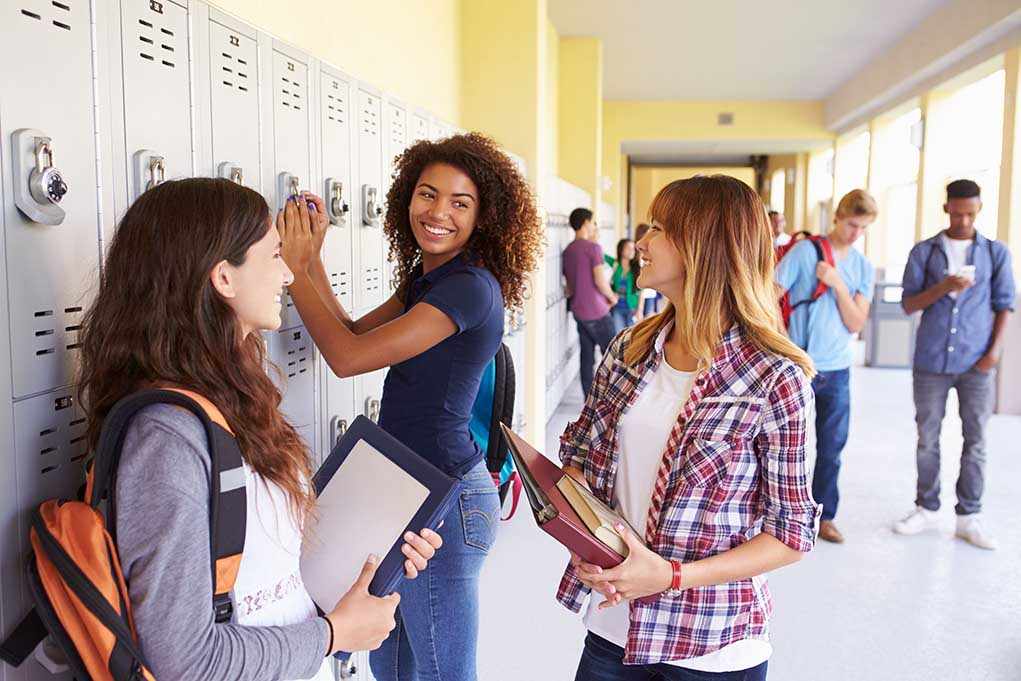
Graduating seniors who cannot read their own diplomas expose a deep crisis in American public education, raising urgent questions about accountability and the future of our nation’s children.
Story Snapshot
- Public schools are passing students who lack basic literacy skills, undermining educational standards.
- Administrators and bureaucrats prioritize graduation rates over genuine learning, harming disadvantaged students most.
- Recent exposés reveal widespread social promotion and grade inflation in districts nationwide.
- Calls for market-driven education reform and increased parental choice are intensifying.
Systemic Failures Leave Students Ill-Prepared
In 2025, Americans are confronting the reality that many public school graduates lack essential reading and writing skills, a fact highlighted by cases of students unable to read their own diplomas. Investigative reports and academic studies document that schools often promote students despite failing grades or chronic absenteeism. This phenomenon, known as “social promotion,” has persisted for decades, but recent scandals and data have intensified public outrage and renewed demands for accountability in K-12 education. The disconnect between rising graduation rates and stagnant literacy scores signals a system more invested in appearances than outcomes.
Administrative priorities driven by funding formulas and reputation lead school districts to emphasize graduation statistics rather than student mastery. Teachers and administrators face pressure to pass students even when basic competencies are lacking, especially in under-resourced communities. The COVID-19 pandemic exacerbated these gaps, with remote learning deepening disparities for disadvantaged students. As a result, countless young Americans leave school ill-prepared for adulthood, contributing to cycles of unemployment and inequality. The human cost is especially severe for low-income and minority families, who depend on public education as a pathway to opportunity.
Historic Patterns and Recent Scandals
Evidence from major cities—including Baltimore, New York, and Los Angeles—shows that the problem is neither new nor isolated. The 2017 Project Baltimore investigation revealed widespread functional illiteracy among city graduates, while similar findings have surfaced in other districts. Despite these revelations, policymakers have too often celebrated rising graduation rates without addressing underlying deficiencies. The aftermath of the pandemic further exposed weaknesses in remote instruction and assessment, with many students promoted regardless of learning loss. These events have fueled growing skepticism toward public education and increased interest in alternatives such as charter schools and homeschooling.
Parents, teachers, and reform advocates are demanding change, insisting that educational credentials must reflect genuine skills. The disconnect between policy rhetoric and classroom realities has undermined trust in public institutions. Communities affected by underperforming schools face broader economic and social consequences, including reduced civic engagement and lost opportunities for upward mobility. The persistence of grade inflation and social promotion is not just a bureaucratic failure—it is a direct threat to the values of merit, responsibility, and equal opportunity that define American society.
Reform Advocates Push for Accountability and Choice
Education reformers, led by voices like Hannah Frankman Hood, argue that market-driven solutions and parental choice are essential to reversing these trends. Hood’s critique blends personal stories with policy analysis, highlighting how bureaucratic inertia and misaligned incentives perpetuate poor outcomes. Organizations such as the American Institute for Economic Research (AIER) have called for increased competition and transparency in education, emphasizing the need for genuine accountability and alternatives to the public monopoly. Critics of the current system point to teachers’ unions and administrative bureaucracies as barriers to meaningful reform.
She Couldn’t Read Her Own Diploma: Why Public Schools Pass Students But Fail Society. Even with record-high per-student spending, the broken status quo has left 1 in 5 Americans functionally illiterate. Schools refuse to reform… https://t.co/KmTW3K9i1C
— Frank Stephens ~ Constitutionalist (@FrankStephens5) September 1, 2025
Defenders of traditional public schooling argue that increased funding and support are necessary to address deep-seated social challenges, including poverty and family instability. However, the evidence suggests that without structural changes, additional resources alone will not solve the crisis of declining literacy and inflated credentials. The ongoing debate centers on how best to protect the interests of students, families, and taxpayers, while holding schools accountable for real learning—not just paperwork. As reform efforts gain momentum, Americans must confront the uncomfortable truth: the future of our nation depends on ensuring every diploma stands for genuine achievement.
Sources:
American Institute for Economic Research (AIER) profile of Hannah Frankman Hood











